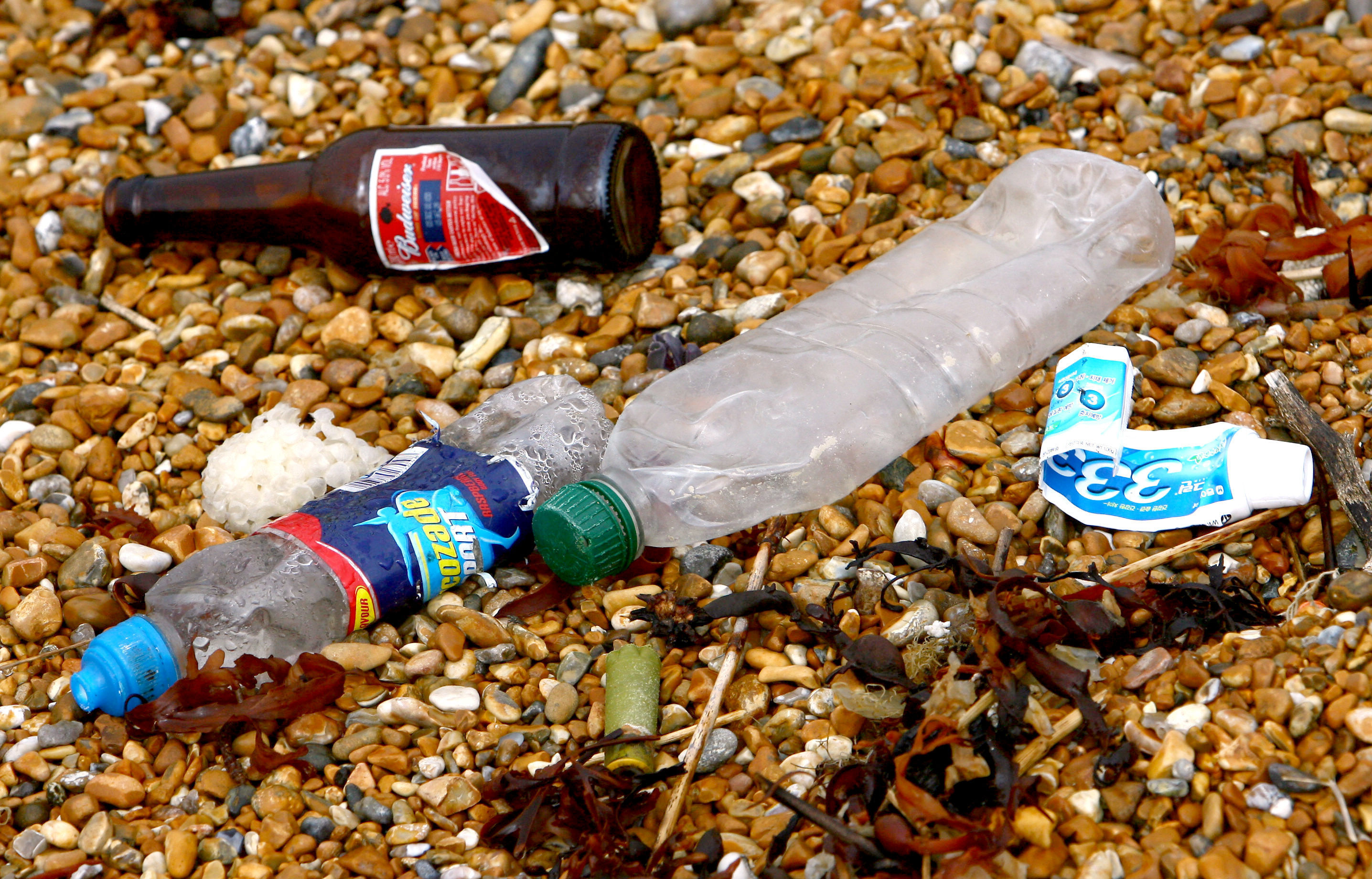
A STUDY of the words used by children in their own stories has revealed a preoccupation with plastic and computer games.
The word plastic appeared 3,359 times, shooting up 100% from last year, in the 134,790 stories analysed.
For the first time in the research it is used in an emotive context, with the damage caused by plastic pollution a recurrent theme, showing the influence of David Attenborough’s Blue Planet II.
Gaming words such as console and noob also increased by 15%, from 2017, with younger boys, aged five to nine, engaging most with the vocabulary of gaming.
There are also mentions of gaming as an addiction, while adults who cannot stop using social media also feature.
Oxford University Press analysed short stories submitted to BBC Radio 2 Breakfast Show’s 500 Words competition.
It found that the inclusion of women in history in storylines increased by 33% year-on-year, with Cleopatra the most mentioned female from history.
Plastic was deemed word of the year and it also crept into story titles such as The Evil Mr Plastic, while other words mentioned in stories include Grenfell Tower, Brexit, slime, unicorns and Korea.
Radio 2 Breakfast Show DJ Chris Evans said: “Plastic is a fantastic word of the year. It really shows just how incredibly engaged with and how much the young people in Britain today care about the world around them.”
Vineeta Gupta, head of children’s dictionaries at Oxford University Press, said: “Children have shown they are acutely aware of the impact plastic has on our environment and how it will affect their own future.
“They have used their stories to devise imaginative ways to combat this issue and bring about change in their world.”
Donald Trump is still the top politician mentioned, although the US president has fewer hits than in 2017 when Trump was word of the year.
The 500 Words final takes place, with the Duchess of Cornwall, at Hampton Court Palace festival on Friday.

Enjoy the convenience of having The Sunday Post delivered as a digital ePaper straight to your smartphone, tablet or computer.
Subscribe for only £5.49 a month and enjoy all the benefits of the printed paper as a digital replica.
Subscribe